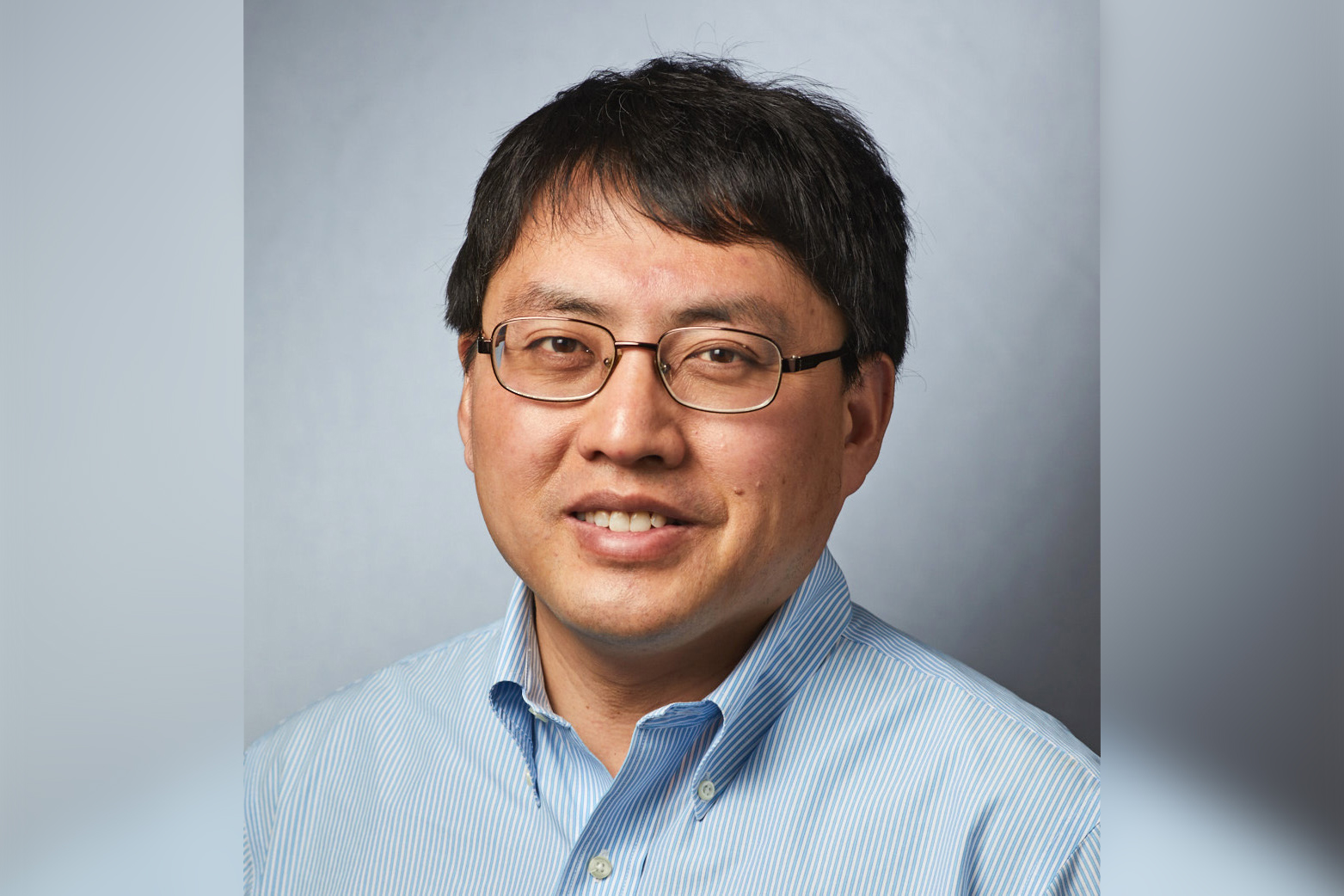Yale-Boehringer Ingelheim program accepts four new students
Yale Center for Biomedical Data Science program in collaboration with Boehringer Ingelheim enters second year of work.

Courtesy of Hongyu Zhao
Yale is continuing its collaboration with one of the world’s largest pharmaceutical companies in an effort to provide postdoctoral students with mentorship opportunities.
A collaboration with Boehringer Ingelheim, the Yale-Boehringer Ingelheim Biomedical Data Science Fellowship Program recently entered its second year, accepting four new postdoctoral students to be paired with mentors from the pharmaceutical giant.
“The postdocs supported by this program will be able to work with joint mentors from [Boehringer Ingelheim] and have access to their expertise and resources,” Hongyu Zhao, the program’s principal investigator, wrote to the News. “There will be symposia that bring Yale and [Boehringer Ingelheim] researchers together either at Yale or at BI to share results and explore further collaboration opportunities.”
The new fellows — Chuanpeng Dong, Dylan Duchen, Rong Li and Shubham Tripathi — will be given greater exposure to industry professionals and will have the chance to develop their own research project.
Tripathi’s project, for example, focuses on gene expression.
“The research I proposed was the development of a mechanistic input which would allow us to analyze data from [experiments],” Tripathi said. “So now we have technologies that allow us to profile gene expression … that is a huge amount of information, which makes it very hard to obtain useful, actionable insights.”
The fellows submitted their initial proposals in the summer and, after their selection for the program, began work on their projects in the fall.
The datasets Tripathi works with are often massive in size, and thus developing a tool to help analyze the sets would be valuable, both to researchers like Tripathi as well as pharmaceutical companies such as Bohringer Ingelheim.
“There are a lot of open questions that we are going to have to address as we go forward,” Tripathi said. “One huge issue, [which] is the key to my proposal, is how do we get useful information out of these experiments.”
The program was initiated in May 2021, with a previous cohort of fellows having recently completed a full year of work with their respective Boehringer Ingelheim mentors. The fellowship itself lasts three years.
Dhananjay Bhaskar is a fellow currently in his second year of the program.
“I’m involved with the drug development project,” Bhaskar said. “We have built our own drug discovery pipeline [and] we have a model that can generate new compounds.”
The program itself is based at the Yale Center for Biomedical Data Science, located in New Haven. The center is situated within the School of Medicine and houses over 100 members dedicated to researching topics within and related to the field of biomedical science.
“This program has already stimulated more and in depth interactions [sic] between Yale and BI both in biomedical data science and the broader research areas covering all phases of drug development and evaluations,” Zhao wrote. “It is likely that more collaborations between Yale and BI will develop in different forms in the near future.”
The Yale Center for Biomedical Data Science is located at 300 George St.







